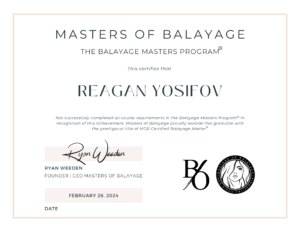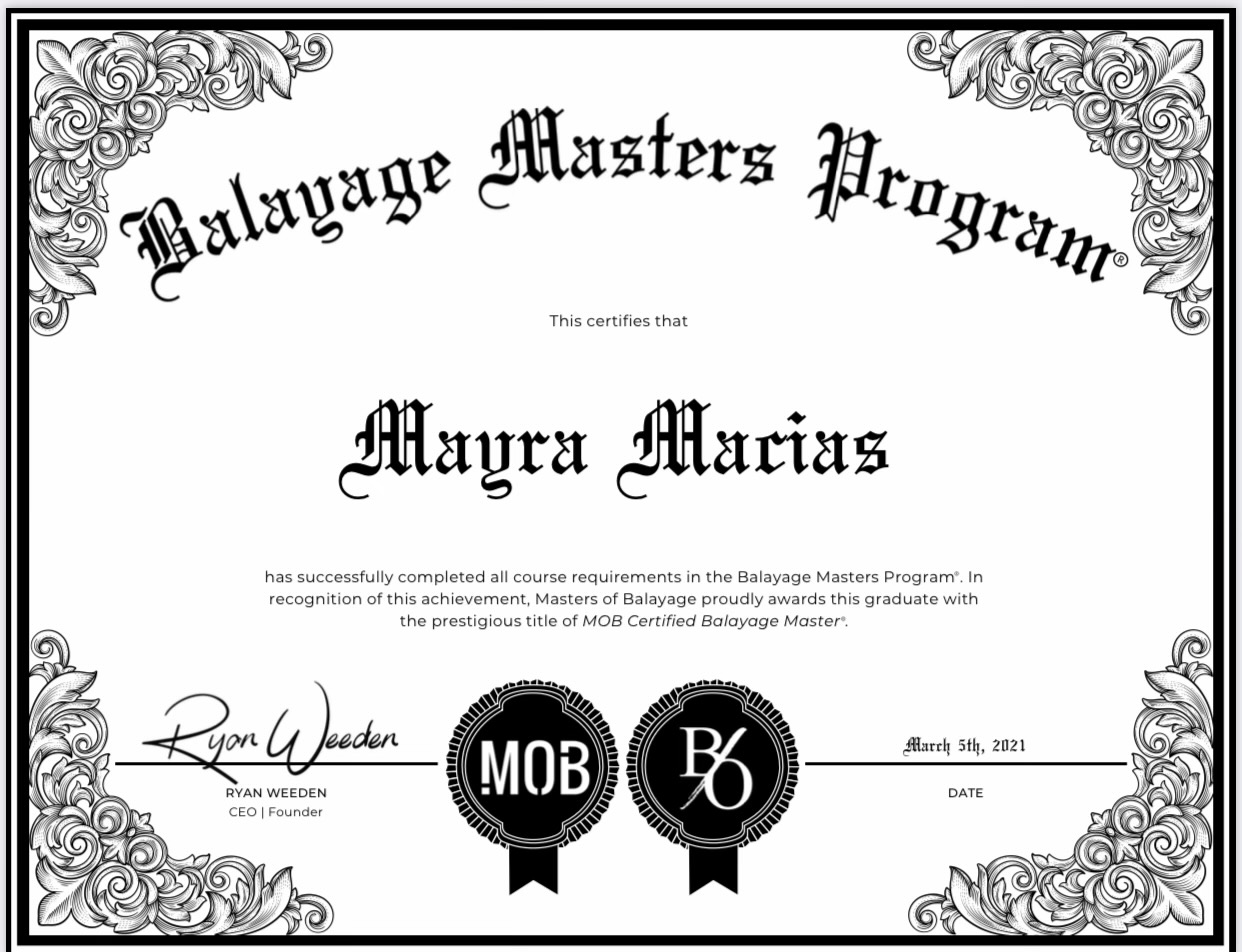
How To Stimulate Your Hair Growth: Ingredients, Tips, and Tricks.
Are you wanting to grow your hair back? Maybe you’ve made the big chop. Maybe quarantine brain got
the best of you and has convinced you to cut your hair. Maybe you wanted to start from scratch and cut
your locks. Regardless, if you’ve cut your hair and it may not be to your liking, don’t worry! We got you.
Here are so home remedies, tips, and tricks to help regrow your hair!
Getting a scalp massage.
We spend so much time and money piling on hair products that it’s easy to forget where hair
growth starts: namely, your scalp. Just like good-quality soil is essential to grow healthy plants
and flowers, a healthy scalp is the foundation for healthy hair growth. A simple way to stimulate
hair growth at home is to give yourself a scalp massage. This will increase blood flow to your
scalp, enhance the strength of your roots, and help nutrients get to your follicle faster. You can
give yourself a scalp massage with dry hair, but adding a nutrient-rich oil to the mix will only
double the benefits.
Crack an egg on your hair and use the yolk (not literally, but kind of).
On average, hair grows approximately a quarter to a half an inch per month, and while we can’t
speed up this process, we can affect the quality of the hair shafts each follicle can produce thicker,
stronger, shinier locks. There are things we can do to “stimulate a higher percentage of hair
follicles in the scalp, which will keep more hair in the growing phase and make your head of hair
thicker, healthier and fuller. Unsurprisingly, this makes how you treat your hair crucial to natural
hair growth. If your hair breaks before it gets past your shoulders, an egg yolk mask will be your
savior. Eggs contain lecithin and protein, which strengthen, nourish, and heal your strands. ——
To make the mask, mix 2 eggs with 2 tablespoons of olive oil. Add 1/2 a cup of water to dilute the
mixture (and make it less sticky). Apply the mask directly to dry, brushed hair, and leave it on for
up to 30 minutes. Then, shampoo and condition as usual.
Check your medications.
There are many prescription medications that are known to be associated with hair loss. Some of
the commonly prescribed categories of drugs that can exacerbate hair loss include anti
hypertensives (blood pressure); cholesterol or statins; hormone replacements like thyroid, birth
control, testosterone; and certain antidepressants. As a word of caution, you should always discuss
these side effects with your doctor before stopping any medications.
Do a hot castor oil treatment.
Castor oil is the unsung hero of the hair world—you might even be tempted to ditch your
coconut oil after reading. First of all, castor oil has anti-fungal and antibacterial properties to help
combat scalp infections that prevent your hair from growing. Second, it’s filled with omega-6 fatty
acids, vitamin E, proteins, and other nutrients that can penetrate your parched strands and seal
your hair shaft to retain moisture. Third, it makes for an amazing hot oil treatment—massaging the
oil into your roots will help your scalp drink up all of the nutrients and help promote hair growth. –
— To give yourself a hot oil treatment, massage the oil into your scalp and then apply it all the way
to the ends of your strands. Pile your hair on top of your head, cover it with a shower cap, and
blast your strands with a blow-dryer for 15 minutes. Feel free to jump in the shower and shampoo
and condition as usual. You’ll notice softer strands instantly.
Avoid Smoking.
I know, I know, it’s cliché. But, it’s true! Not only will your overall health benefit from cutting
out smoking, but your hair will thank you as well! Smoking restricts blood flow to the scalp and
follicles, which, in turn, restricts the vital oxygen and nutrients that your hair and scalp need to be
healthy. Also, the toxins from smoking can seep into the hair follicles and cause disruption.
Limit Heat Styling.
You probably know this already, but any hairstylist will tell you the most obvious way to help
your hair grow faster is to ditch your routine of hot tools. Blow-dryers and styling irons can
certainly damage your hair by making it dry and brittle, which can lead to breakage and shorter
hair length. If you’re trying to grow your hair, I recommend air-drying your hair and avoiding any
heat tools. If you do use a heat tool, I suggest using a heat-protectant spray.
Treat your split ends regularly.
It might sound counterproductive when you want your hair to grow longer, but regular trims get
rid of dry, damaged split ends and are necessary for natural, healthy growth. If left untreated, split
ends can work their way up the shafts of your hair strands and cause even more breakage, which
means the only thing growing will be your frustration. But if your stylist takes off too much length
every time you go in for a visit, your hair won’t get longer, so make sure you clearly communicate
your hair goals. Depending on the condition of your hair, your hairstyle, and your daily routine,
you could need a trim anywhere from every six weeks to six months. That said, the better you care
for your hair on a day-to-day basis, the less often you’ll need trims, and the longer your hair can
grow naturally.
Use Keratin based products.
It’s true that keratin-based products can combat dryness and make hair appear shinier, but they
can also strengthen the hair and prevent future breakage. The protein, which is protective in
nature, douses hair in essential oils and nutrients it needs to thrive, making an ideal environment
for healthy strands to grow.
Sleep on a silk pillowcase.
A silk or satin hair cover or pillowcase is better for the health of your hair than cotton, which
will absorb all the moisture from your strands and lead to tangles and breakage. While this won’t
necessarily speed up the hair growth process, sleeping on a silk pillowcase generates less friction
and gives hair a softer surface to rest on.
Eliminate Stress.
It’s true that stress affects the body in more ways than one, and it can even be the cause of hair
loss for some. Usually, it takes severe, traumatic stress or chronic stress over time to cause hair
loss. Some autoimmune diseases of the hair and scalp that cause patchy hair loss, like alopecia
areata, can be precipitated or aggravated by bouts of stress. Keep your stress levels to a minimum
(easier said than done, we know) by doing an age-old Eastern medicine hand trick or setting aside
a few minutes a day to meditate.


